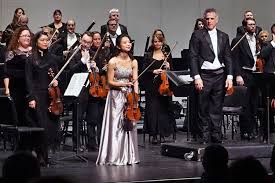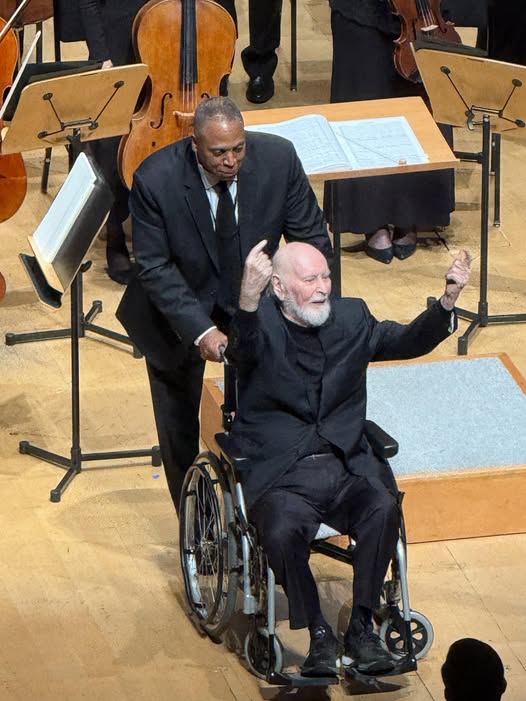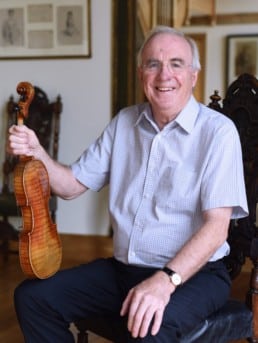Who loves church music? Not the church leaders
NewsFrom the Daily Telegraph this morning, by Madeline Grant:
… Another week, another miserable story courtesy of the Church of England. Winchester – where sung worship has featured since before the days of Alfred the Great – has reportedly shown plans to its choral foundation to “increase diversity of contribution” in line with its main priorities of “reach and access” and “diversity and inclusion”. (Note the wishy-washy language, the lack of any mention of the worship of God.) According to classical music magazine Slipped Disc, in management-speak, this means replacing the cathedral choristers with a “variety of singers from other parts of the regional demographic”. Jargon becomes a cover for what is, essentially, vandalism, the destruction of centuries of beauty for no apparent reason.
All this has come to light via a leaked PowerPoint presentation which the press and the people who worship there were presumably not meant to see until the replacement of choral singers became a fait accompli; a classic case of managers being totally unaccountable to the people they purport to serve.
We must hope this plan remains confined to the PowerPoint deck, but similarly baffling decisions have become par for the course. St John’s College, Cambridge recently disbanded its wonderful mixed-voice Anglican choir St John’s Voices, which sings choral Evensong each week, in favour of “more diverse musical genres”. In 2020, Sheffield Cathedral sacked its entire choir, supposedly to reflect “the exciting future of the mixed urban community in which we live and work”. At parish level, St Margaret’s, Westminster quietly dismissed its choir midway through the pandemic. Following a similar move, the congregation of Holy Trinity, Sloane Square managed to raise enough money to fund their singers for a few years; but what may work in affluent Chelsea won’t be a template for all.
At parish level, St Margaret’s, Westminster quietly dismissed its choir midway through the pandemic. Following a similar move, the congregation of Holy Trinity, Sloane Square managed to raise enough money to fund their singers for a few years; but what may work in affluent Chelsea won’t be a template for all, still chuck it against the wall. The press – especially of the Right – is often accused of mindlessly bashing the CofE. In fact, very few of us hate it. Quite the opposite. It is loved but not, it seems, by the actual people who run it….






Comments